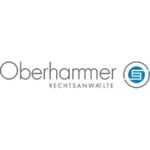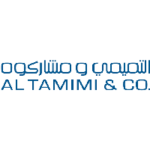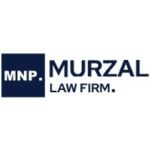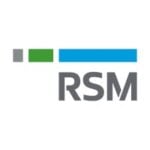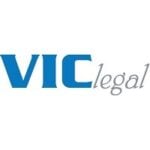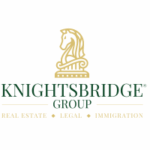-
What are the relevant government entities relating to immigration in your jurisdiction?
-
What are the options available for sponsor-based employment in your jurisdiction and timelines involved in securing a work permit?
-
What are the primary options available for unsponsored work and investment in your jurisdiction?
-
What are the requirements for becoming a sponsor of employment-based migrants and what are the role and reporting duties of sponsors?
-
Are applications filed electronically, or paper base? Is a physical visa/work permit document issued or is an electronic approval issued?
-
Is an in-person attendance/interview required as part of the visa/work permit application process? Is an individual required to enrol their biometrics (digital photo, fingerprint scan) as part of the visa/work permit process?
-
What persons qualify as dependants? Can dependants work based on their dependant visa status? Are there any restrictions?
-
What is the general time frame and processes for obtaining permanent residence and citizenship for sponsored and unsponsored business-related immigration?
-
What productive type activities can a business visitor undertake and for how long?
-
Can remote work be carried out from your country?
-
Are there any productive work / revenue generating activities that can be carried out as a visitor and without the need for a work permit? If so, what activities and for how long?
-
Is there a remote work or nomad visa category in your jurisdiction? If not, how likely is it that this will be implemented in future?
-
How easy is it to switch visa categories/jobs/employer from within country? And/or if made redundant, can the individual regularise their stay in another capacity and what is the timeframe allowable?
-
What common issues or concerns may arise for employers under business immigration in your jurisdiction?
-
Is there a fast track process / certification that business can obtain to expedite visa / permit processing?
-
What are the recent trends, both political and social that have impacted (or are anticipated to impact) your jurisdiction with regard to immigration policy and law?
-
How has the COVID-19 pandemic shaped current immigration landscape in your jurisdiction?
-
Are there any new and / or anticipated changes impacting immigration law and / or policy in your jurisdiction?
-
How do you see technology developing and evolving to support immigration process in the future?
-
What are the Right to Work requirements in your jurisdiction?
-
What are the types of civil and criminal penalties employers may face for non-compliance with immigration rules i.e. employing an individual who does not have the Right to Work?
-
Are there labour market testing requirements in your jurisdiction and if so, what do they involve?
-
Are there quota requirements, restrictions or a cap on the numbers of foreign nationals hired per company in your jurisdiction?
-
Are there any exit procedures in your jurisdiction, if an individual is departing permanently?
-
Are there any requirements for medical certificates or vaccinations for your jurisdiction?
-
Are there any language requirements for your jurisdiction?
-
What are the government costs associated with a typical employment based visa?
-
Is a local contract of employment required in order to obtain a work based visa or work permit? Are there salary or other thresholds to be met by the migrant?
-
What are the maximum periods of stay for individuals on an employment based visa / work permit?
-
Does your jurisdiction allow dual nationality?
-
What are the most positive aspects of your immigration system compared to the rest of the world?
-
Are you facing any challenges resulting from a shortage of skills. If yes, which skills?
-
Are there any plans in place to address green skills and/or to support transition to green economies’?
The Netherlands: Corporate Immigration
This country-specific Q&A provides an overview of Corporate Immigration laws and regulations applicable in The Netherlands.
